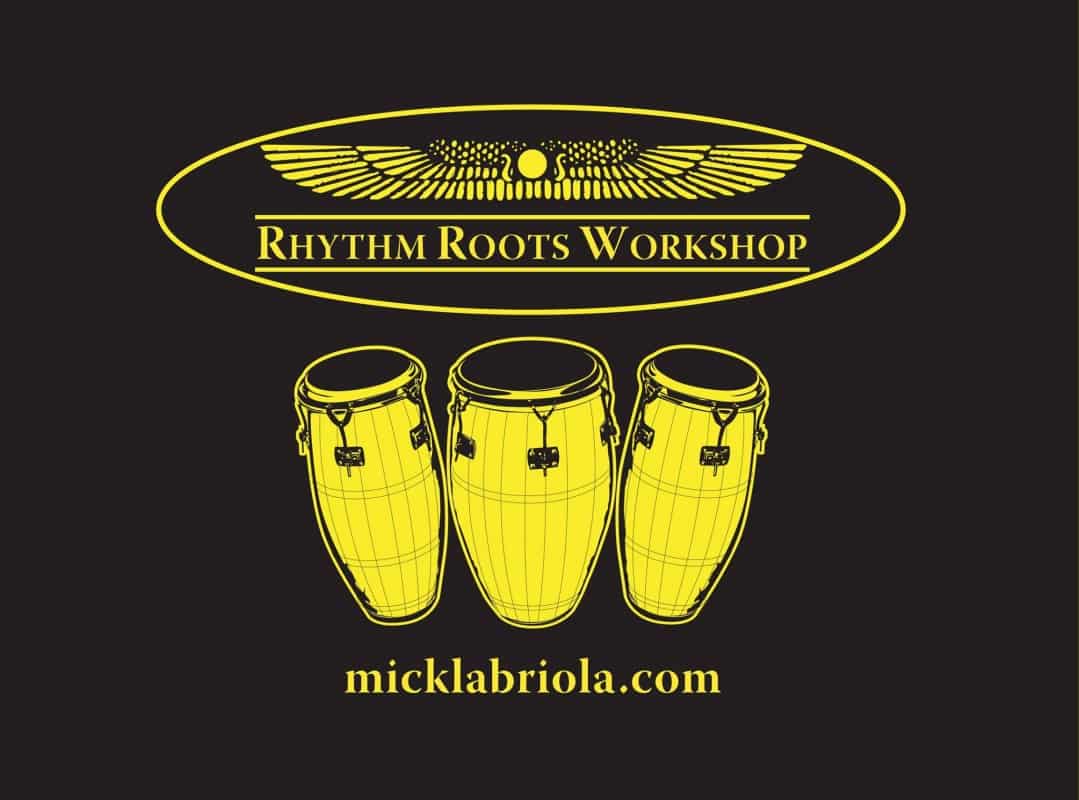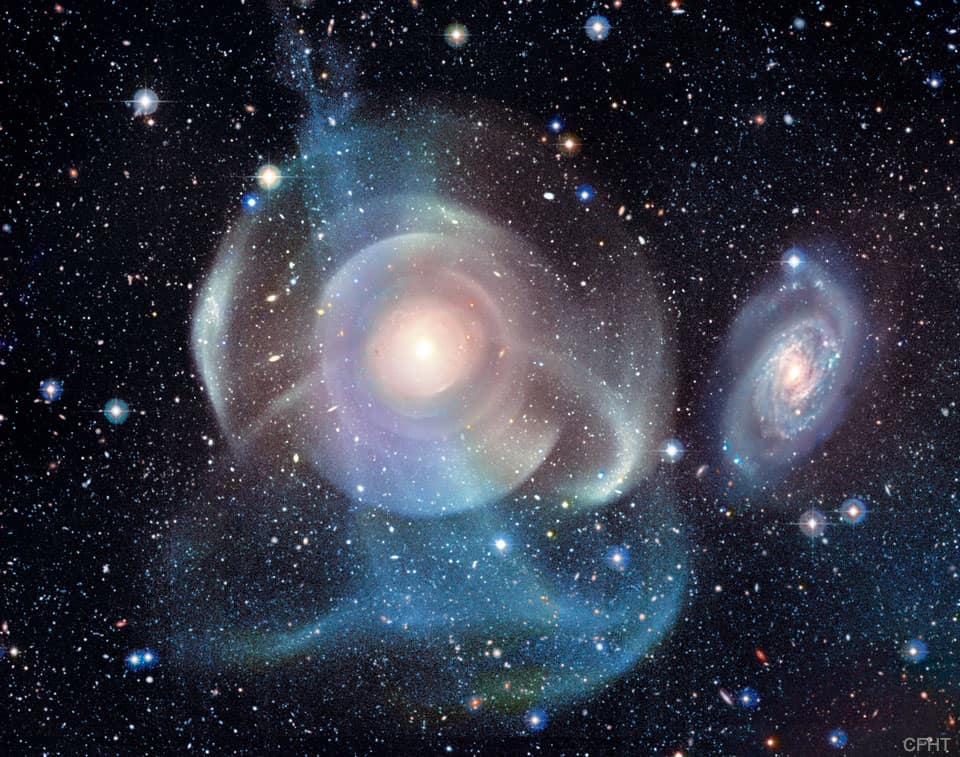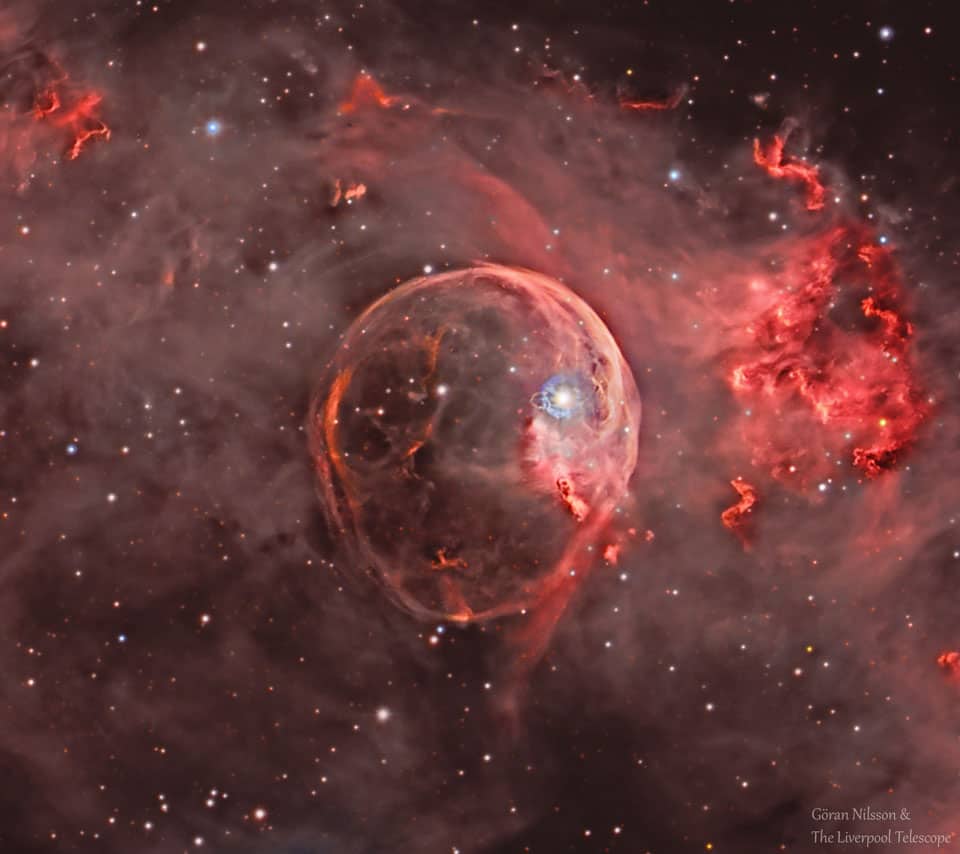Blog
Floyd Dixon (February 8, 1929 – July 26, 2006) was an American rhythm-and-blues pianist and singer.
Dixon was born in Marshall, Texas. Some sources give his birth name as Jay Riggins, Jr., although he himself stated that Floyd Dixon was his real name and that his parents were Velma and Ford Dixon.Growing up, he was influenced by blues, gospel, jazz and country music. His family moved to Los Angeles, California, in 1942. There Dixon met Charles Brown, who had an influence on his music.
The self-dubbed “Mr. Magnificent”, Dixon signed a recording contract with Modern Records in 1949, specializing in jump blues and sexualized songs like “Red Cherries”, “Wine Wine Wine”, “Too Much Jelly Roll” and “Baby Let’s Go Down to the Woods”. Both “Dallas Blues” and “Mississippi Blues”, credited to the Floyd Dixon Trio, reached the Billboard R&B chart in 1949, as did “Sad Journey Blues”, issued byPeacock Records in 1950.
more...Eddie Locke (August 2, 1930 – September 7, 2009) was an American jazz drummer.
Eddie Locke was a part of the fertile and vibrant Detroit jazz scene during the 1940s and 1950s, which brought forth many great musicians including the Jones brothers (Hank, Thad, and Elvin), Kenny Burrell, Lucky Thompson, Tommy Flanagan, Barry Harris, and so many others. He eventually formed a variety act with drummer Oliver Jackson called Bop & Locke which played the Apollo Theater. He moved to New York City in 1954, and worked there with Dick Wellstood, Tony Parenti, Red Allen, Willie “The Lion” Smith, and Teddy Wilson amongst others. During this time he came under the tutelage of the great Jo Jones, and eventually became known as a driving and swinging drummer who kept solid time and supported the soloist. During the late 1950s he formed two of his most fruitful musical relationships, one with Roy Eldridge, and the other with Coleman Hawkins. His recording debut came with Eldridge in 1959 on “On The Town”. He later became a member of the Coleman Hawkins Quartet in the 1960s along with pianist Tommy Flanagan and bassist Major Holley. That group made many fine records including the exquisite album “Today and Now”, in 1963. Throughout the 1970s, he played with Roy Eldridge at Jimmy Ryan’s in Manhattan, and wound out his career freelancing, as well as teaching youngsters at the Trevor Day School on Manhattan’s upper west side.
Eddie died on Monday morning, September 7, 2009, in Ramsey, New Jersey.
more...Lonnie Johnson Day
Alonzo “Lonnie” Johnson (February 8, 1899 – June 16, 1970) was an American blues and jazz singer, guitarist, violinist and songwriter. He was a pioneer ofjazz guitar and jazz violin and is recognized as the first to play an electrically amplified violin.
Johnson was born in New Orleans, Louisiana, and raised in a family of musicians. He studied violin, piano and guitar as a child and learned to play various other instruments, including the mandolin, but he concentrated on the guitar throughout his professional career. “There was music all around us,” he recalled, “and in my family you’d better play something, even if you just banged on a tin can.”
more...World Music with Inner Gnawa from Morocco
more...RHYTHM ROOTS WORKSHOP
Wednesday February 7th noon-2pm
Partnership Resources Inc Minneapolis
Developmentally Disabled participants swinging grooves for Mardi Gras week.
more...Big, beautiful spiral galaxy NGC 7331 is often touted as an analog to our own Milky Way. About 50 million light-years distant in the northern constellation Pegasus, NGC 7331 was recognized early on as a spiral nebula and is actually one of the brighter galaxies not included in Charles Messier’s famous 18th century catalog. Since the galaxy’s disk is inclined to our line-of-sight, long telescopic exposures often result in an image that evokes a strong sense of depth. In this Hubble Space Telescope close-up, the galaxy’s magnificent spiral arms feature dark obscuring dust lanes, bright bluish clusters of massive young stars, and the telltale reddish glow of active star forming regions. The bright yellowish central regions harbor populations of older, cooler stars. Like the Milky Way, a supermassive black hole lies at the core of of spiral galaxy NGC 7331.

This NASA/ESA Hubble Space Telescope image shows a spiral galaxy known as NGC 7331. First spotted by the prolific galaxy hunter William Herschel in 1784, NGC 7331 is located about 45 million light-years away in the constellation of Pegasus (The Winged Horse). Facing us partially edge-on, the galaxy showcases it’s beautiful arms which swirl like a whirlpool around its bright central region. Astronomers took this image using Hubble’s Wide Field Camera 3 (WFC3), as they were observing an extraordinary exploding star — a supernova — which can still be faintly seen as a tiny red dot near the galaxy’s central yellow core. Named SN2014C, it rapidly evolved from a supernova containing very little Hydrogen to one that is Hydrogen-rich — in just one year. This rarely observed metamorphosis was luminous at high energies and provides unique insight into the poorly understood final phases of massive stars. NGC 7331 is similar in size, shape, and mass to the Milky Way. It also has a comparable star formation rate, hosts a similar number of stars, has a central supermassive black hole and comparable spiral arms. The primary difference between our galaxies is that NGC 7331 is an unbarred spiral galaxy — it lacks a “bar” of stars, gas and dust cutting through its nucleus, as we see in the Milky Way. Its central bulge also displays a quirky and unusual rotation pattern, spinning in the opposite direction to the galactic disc itself. By studying similar galaxies we hold a scientific mirror up to our own, allowing us to build a better understanding of our galactic environment which we cannot always observe, and of galactic behaviour and evolution as a whole.
Earl Silas Johnson IV (February 7, 1934 – April 17, 2003), known as Earl King, was an American singer, guitarist, and songwriter, most active in blues music. A composer of blues standards such as “Come On” (covered by Jimi Hendrix and Stevie Ray Vaughan) and “Big Chief” (recorded by Professor Longhair), he was an important figure in New Orleans R&B.
King was born in New Orleans, Louisiana, United States. His father was a piano player. He died when Earl was still a baby, and Earl was brought up by his mother. With his mother, he started going to church at an early age. In his youth he sang gospel music, but he took the advice of a friend to switch to blues to make a better living.
more...Curtis Ousley (February 7, 1934 – August 13, 1971), who performed under the stage name King Curtis, was an American saxophonist known for rhythm and blues, rock and roll, soul, blues, funk and soul jazz. Variously a bandleader, band member, and session musician, he was also a musical director and record producer. Adept at tenor, alto, and soprano saxophone, he was best known for his distinctive riffs and solos such as on “Yakety Yak“, which later became the inspiration for Boots Randolph‘s “Yakety Sax” and his own “Memphis Soul Stew”.
The son of Ethel Montgomery, he was born Curtis Montgomery in Fort Worth, Texas, and was adopted, with his sister Josephine Allen, by Josie and William Ousley. Curtis Ousley attended I.M. Terrell High School, and studied and performed music with schoolmate Ornette Coleman.
more...James Hubert Blake (February 7, 1887– February 12, 1983), known as Eubie Blake, was an American composer, lyricist, and pianist of ragtime, jazz, and popular music. In 1921, he and his long-time collaborator Noble Sissle wrote Shuffle Along, one of the first Broadway musicals to be written and directed by African Americans. Blake’s compositions included such hits as “Bandana Days”, “Charleston Rag”, “Love Will Find a Way”, “Memories of You” and “I’m Just Wild About Harry“. The musical Eubie!, which opened on Broadway in 1978, featured his works.
Blake was born at 319 Forrest Street in Baltimore, Maryland, to John Sumner Blake (1838–1917) and Emily “Emma” Johnstone (1861–1927), both of whom had been slaves. He was the only surviving child of eight, all the rest of whom died in infancy. In 1894, the family moved to 414 North Eden Street, and later to 1510 Jefferson Street. John Blake earned US$9.00 weekly working as a stevedore on the Baltimore docks.
more...POPURRI DE CANTOS A OSHUN
https://www.youtube.com/watch?v=tCu51MncMhc&list=PLEB3LPVcGcWbHKyo-uy8CkVvebHEsluVK&index=43
more...
RHYTHM ROOTS WORKSHOP
Partnership Resources Inc St Louis Park
Tuesday February 6th 2018 noon-2pm
Getting Down to the Rocking fundamentals for the Developmentally Disabled 
more...
The Cosmos with NGC 474
What’s happening to galaxy NGC 474? The multiple layers of emission appear strangely complex and unexpected given the relatively featureless appearance of the elliptical galaxy in less deep images. The cause of the shells is currently unknown, but possibly tidal tails related to debris left over from absorbing numerous small galaxies in the past billion years. Alternatively the shells may be like ripples in a pond, where the ongoing collision with the spiral galaxy just above NGC 474 is causing density waves to ripple through the galactic giant. Regardless of the actual cause, the featured image dramatically highlights the increasing consensus that at least some elliptical galaxies have formed in the recent past, and that the outer halos of most large galaxies are not really smooth but have complexities induced by frequent interactions with — and accretions of —smaller nearby galaxies. The halo of our own Milky Way Galaxy is one example of such unexpected complexity. NGC 474 spans about 250,000 light years and lies about 100 million light years distant toward the constellation of the Fish (Pisces).
Natalie Cole Day
Natalie Maria Cole (February 6, 1950 – December 31, 2015) was an American singer, voice actress, songwriter, and actress. The daughter of Nat King Cole, she rose to musical success in the mid-1970s as an R&B artist with the hits “This Will Be“, “Inseparable” (1975), and “Our Love” (1977). Cole re-emerged as a pop artist with the 1987 album Everlasting and her cover of Bruce Springsteen‘s “Pink Cadillac“. In the 1990s, she re-recorded standards by her father, resulting in her biggest success, Unforgettable… with Love, which sold over seven million copies and also won Cole seven Grammy Awards. She sold over 30 million records worldwide. On December 31, 2015, Cole died at the age of 65 at Cedars-Sinai Medical Center in Los Angeles, California, due to congestive heart failure.
https://www.youtube.com/watch?v=3rCtCbJyRDs
more...Joe Pisano Day
John Pisano (born February 6, 1931) is a jazz guitarist born in Staten Island, New York.
Pisano has accompanied in concert or recording Burt Bacharach, Tony Bennett, Herb Alpert, Natalie Cole, Michael Franks, Diana Krall, Peggy Lee, Julie London, Joe Pass, Frank Sinatra, Barbra Streisand, Billy Bean, and Chico Hamilton.
more...The Cosmos with NGC 7635
It’s the bubble versus the cloud. NGC 7635, the Bubble Nebula, is being pushed out by the stellar wind of massive star BD+602522, visible in blue toward the right, inside the nebula. Next door, though, lives a giant molecular cloud, visible to the far right in red. At this place in space, an irresistible force meets an immovable object in an interesting way. The cloud is able to contain the expansion of the bubble gas, but gets blasted by the hot radiation from the bubble‘s central star. The radiation heats up dense regions of the molecular cloud causing it to glow. The Bubble Nebula, pictured here is about 10 light-years across and part of a muchlarger complex of stars and shells. The Bubble Nebula can be seen with a small telescope towards the constellation of the Queen of Aethiopia (Cassiopeia).
Al Kooper Day
Al Kooper (born Alan Peter Kuperschmidt, February 5, 1944) is an American songwriter, record producer and musician, known for organizing Blood, Sweat & Tears (although he did not stay with the group long enough to share its popularity), providing studio support for Bob Dylan when he went electric in 1965, and bringing together guitarists Mike Bloomfield and Stephen Stills to record the Super Session album. He has had a successful solo career since then, written music for film soundtracks, and has lectured in musical composition. He continues to perform live.
Kooper, born in Brooklyn, grew up in a Jewish family in Hollis Hills, Queens, New York. His first professional work was as a 14-year-old guitarist in the Royal Teens, best known for their 1958 ABC Records novelty 12-bar blues riff, “Short Shorts” (although Kooper did not play on the recording). In 1960, he teamed up with songwriters Bob Brass and Irwin Levine to write and record demos for Sea-Lark Music Publishing. The trio’s biggest hits were “This Diamond Ring“, recorded by Gary Lewis and the Playboys, and “I Must Be Seeing Things“, recorded by Gene Pitney (both 1965). When he was 21, Kooper moved to Greenwich Village.
more...More Posts
- Daily Roots Roots Radics
- Temple Israel Erev Shabbat Service
- Rhythm Roots Workshop Residency Ebenezer Assisted Living & Independent
- Cosmos M4
- Don Lamond
- Enoch Light
- Antonio Salieri
- World Drumming Babatunde Olatunji
- Flamenco Fridays Benito Bernal y David Domínguez
- Daily Roots Barry Brown
- Cosmos IC 1396 and Sh2-129
- Luther Allison
- Floyd Westerman
- Duke Pearson
- Jack Spearling
- Ike Quebec
- World Music Afel Bocum & Alkibar
- Daily Roots Soul Syndicate
- Cosmos Arp 93
- Madonna